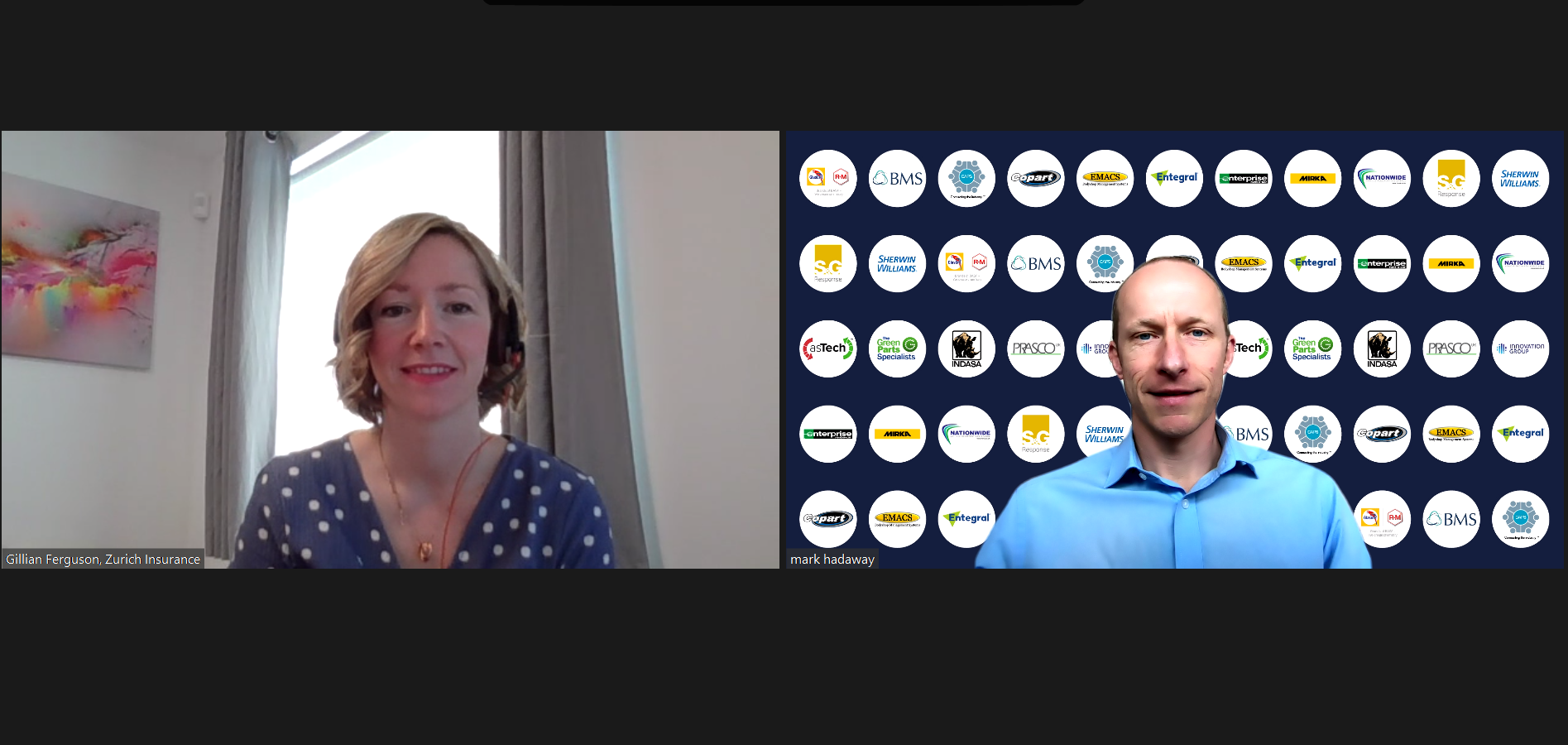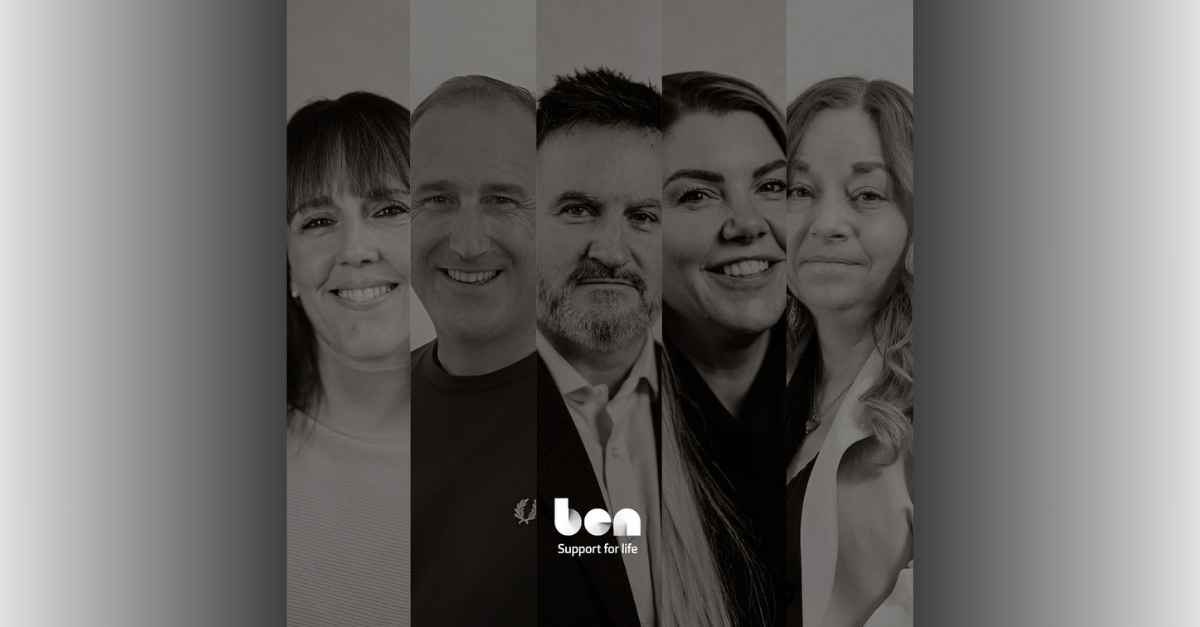The impact of Covid-19 on insurance was the subject of the third session of ARC360’s week-long digital event, The Future in Focus, held in association with I love Claims.
An Insurer Evolution saw Gillian Ferguson, head of motor claims at Zurich Insurance, discuss how the company has reacted and evolved as a result of the global pandemic, while still keeping the customer at the centre of everything they do.
She said, ‘The two main areas of focus when the pandemic struck were our people and our customers.’
People
Gillian explained that flexible and remote working was already in place at Zurich, meaning the transition to home working was a straightforward one. However, while straightforward for the company, it was less so for employees, who were all offered two weeks’ paid leave to put things in place to enable full-time yet flexible home working.
Meanwhile, the company also accelerated its remote damage inspections capabilities so customers uncomfortable with visiting a repairer could have their vehicles assessed at home, with Zurich engineers then telling them if the repair was crucial or if they could continue driving their vehicles safely for the time being.
Customer needs
Gillian said, ‘Everything we do is based on what the individual customer needs. It’s about making the claims journey as personal as possible. Internally, we have a claims commitment to make the process effortless. We aim to give the customer freedom of choice around how they report the claim – be it online, through an app or over the phone – and how they can follow the progress of a claim.’
She added, ‘Technology has a large part to play, but you need to recognise when the personal element might be required too. Some of our customers might be in a vulnerable situation and want to speak to someone personally, so that service is available.’
Sustainability
The last year has also seen awareness around sustainability and the environment increase among customers and companies alike.
Zurich is committed to reducing its operational footprint and is putting this into practice across the group. It has planted more than a million trees in the ‘Zurich forest’ and has pledged to transform its entire fleet to 100% electric.
It has also recognised a demand for EVs among policyholders, offering insurance packages tailored to EV drivers and providing EV replacement vehicles when necessary.
Gillian said, ‘It’s not just about our own actions though. We can’t say that sustainability is important to us and then work with supply partners who don’t share those values. So we want to work with companies who have also made sustainability a priority.’
Technology
But sustainability is just one area where the industry is evolving at breakneck speed. The technology within vehicles is likely to have a dramatic bearing on the insurance landscape. EVs, automation and connected vehicles all bring with them new risk factors, and it’s up to the insurance sector to measure and then mitigate those risks.
Regulations around Level 3 automation are currently under consultation, and Gillian says than when it comes to self-driving cars there are three areas of focus: safety, data, and driver attitudes.
She said, ‘There is still so much work that needs to be done before complete automation. Firstly, the technology needs to be implemented safely. If there is an incident because of this technology it could set widespread adoption back years.
‘Secondly, we need security around the data and who will have access to it, and thirdly, we need to establish public trust in the technology. The public needs to be willing to adopt it, and I think that requires a large education campaign.’
Of course, the technology within cars also has direct ramifications for the aftermarket, with repair costs and key-to-key times both rising.
Gillian said, ‘We’re working closely with our network to make sure there is the skill set there and they have the access to main dealerships when necessary. In an ideal world, we’d like all our network to be able to carry out all the repairs themselves because it offers a much more streamlined process.’
Future
Before all of this though, the industry needs to get back on its feet after a year of unheralded disruption. All sectors need to prepare for a new normal, without being completely sure what that is.
Gillian concluded, ‘I don’t think I’ll ever go into the office again on a full-time basis, and I think that’s the same for a lot of people. Driver-habits will change so will the traditional rush-hour be as heavy as it was? I don’t think so. Historically, that’s when most of the accidents happens so there might be fewer claims.
‘But we also need to prepare for different types of road users. More and more people are cycling now, and what impact might e-scooters have? It might be a completely different ball game with different types of accidents in the future.
‘Ultimately though, we are here to serve our customers. We can pat ourselves on the back but if they tell us we’re not hitting the mark then it’s all for nothing. We need to keep asking them for feedback, and then listening to it.’

















